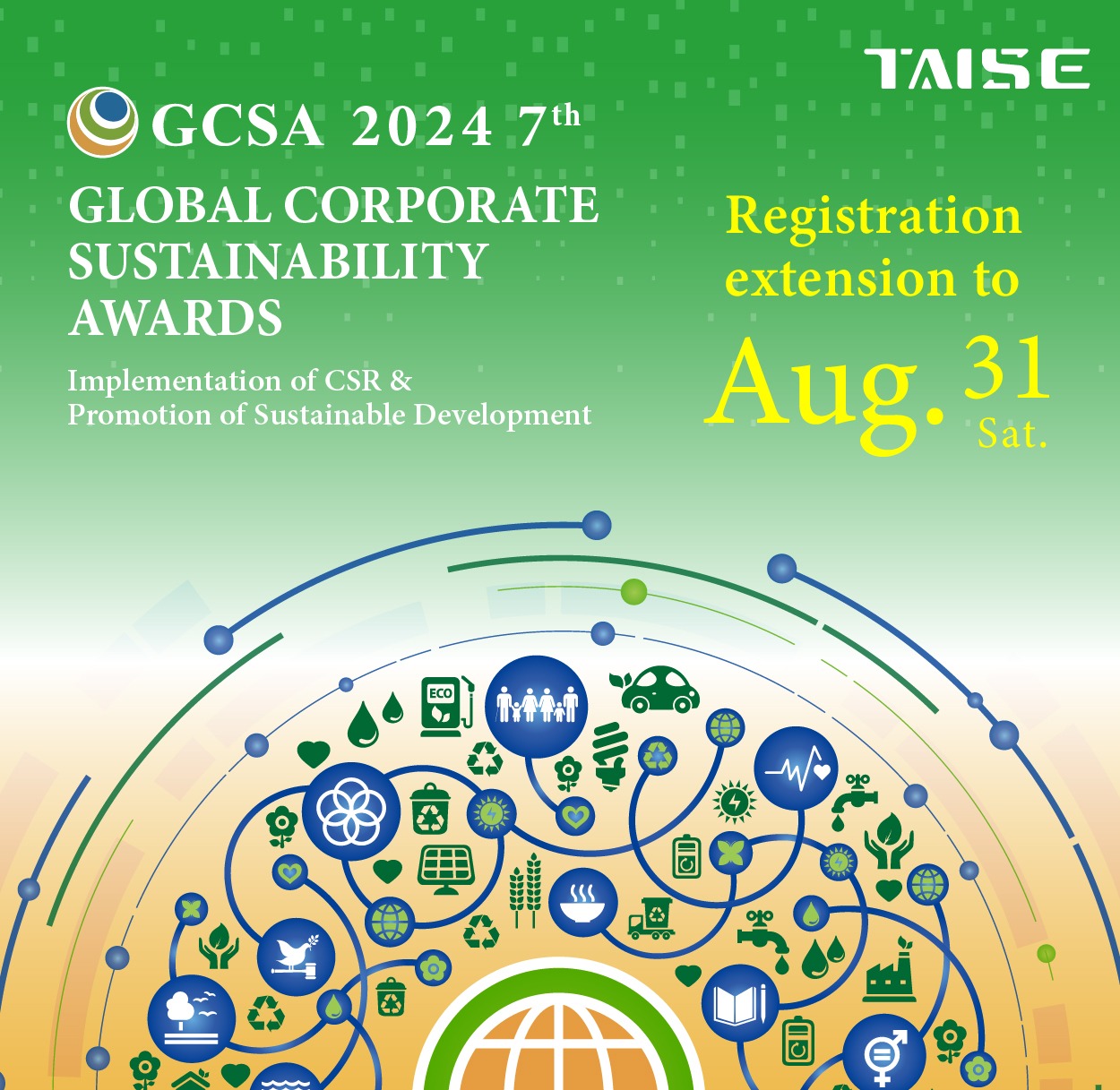2023.08.01
2023 SDGs Asia: Let the world see Taiwan’s activities for sustainable development at all levels!
2023 SDGs AsiaLet the world see Taiwan’s activities for sustainable development at all levels!
Many business lea...










